Search

News & Events
Major milestone for Early Moves; a key sub-project of ORIGINS investigating early signs of learning difficulties in babiesGround-breaking WA-led study, Early Moves has hit a major milestone, with 3,000 participants successfully recruited over a four-year period.
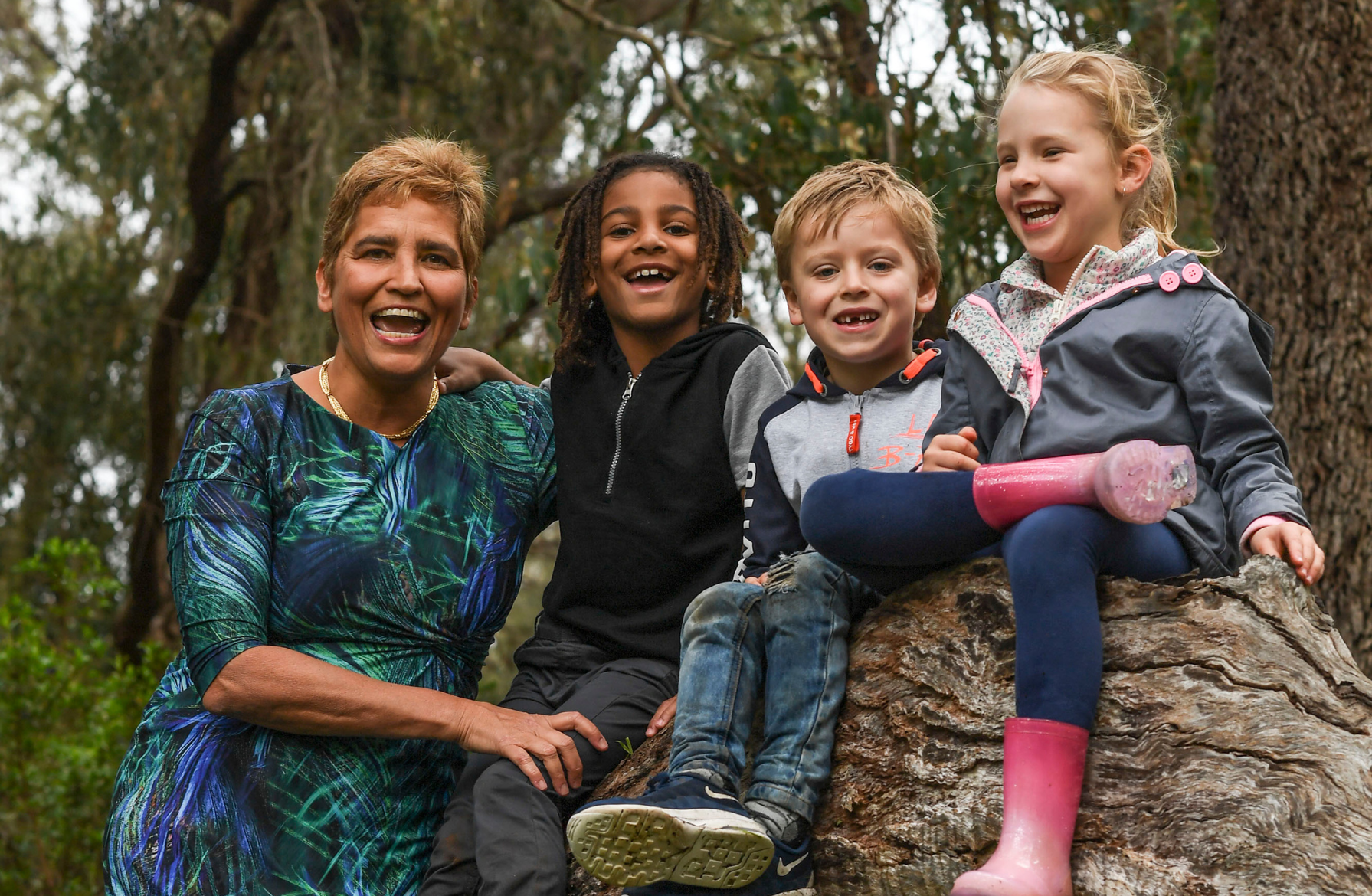
News & Events
New Funding Supports ORIGINS’ Expansion into Early Childhood ResearchThe ORIGINS Project has been named as a key beneficiary of the Stan Perron Charitable Foundation Research People & Platform round for 2023.
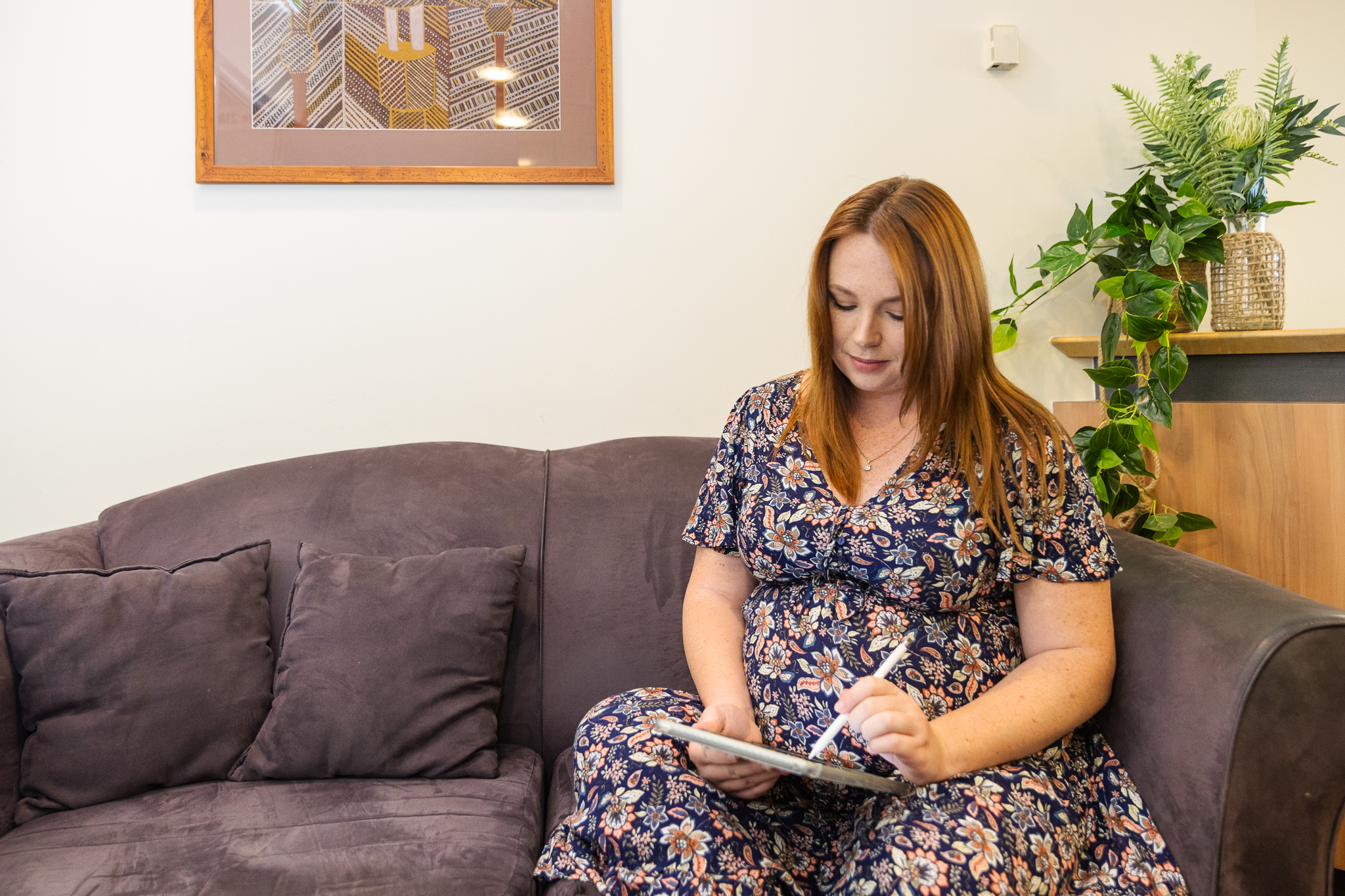
News & Events
New Study ‘Plugs’ Digital Intervention for Perinatal Mental HealthNew Study ‘Plugs’ Digital Intervention for Perinatal Mental Health
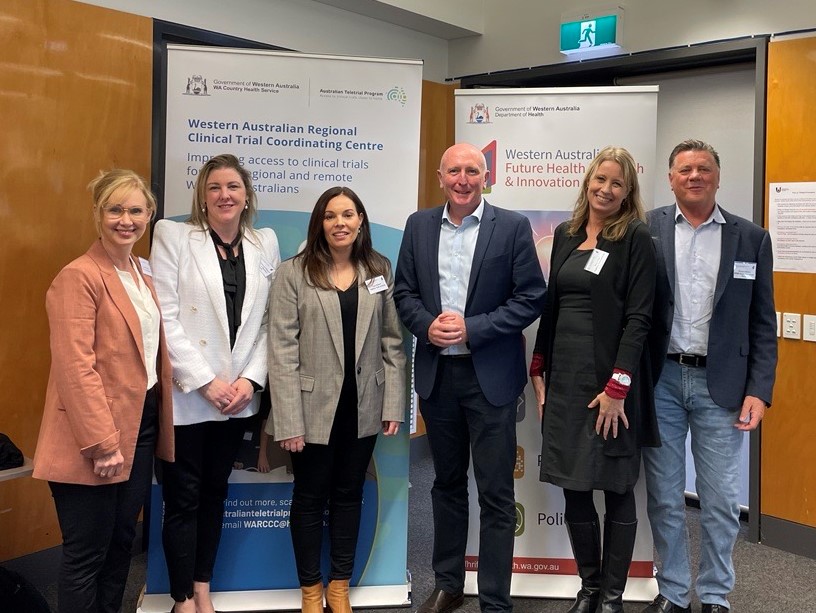
News & Events
WA Cohorts Network welcomes FHRI Funding AnnouncementThe State Government has launched the new WA Cohort Studies Research Project Support Program, recognising the value and importance of the three major cohort studies in WA.
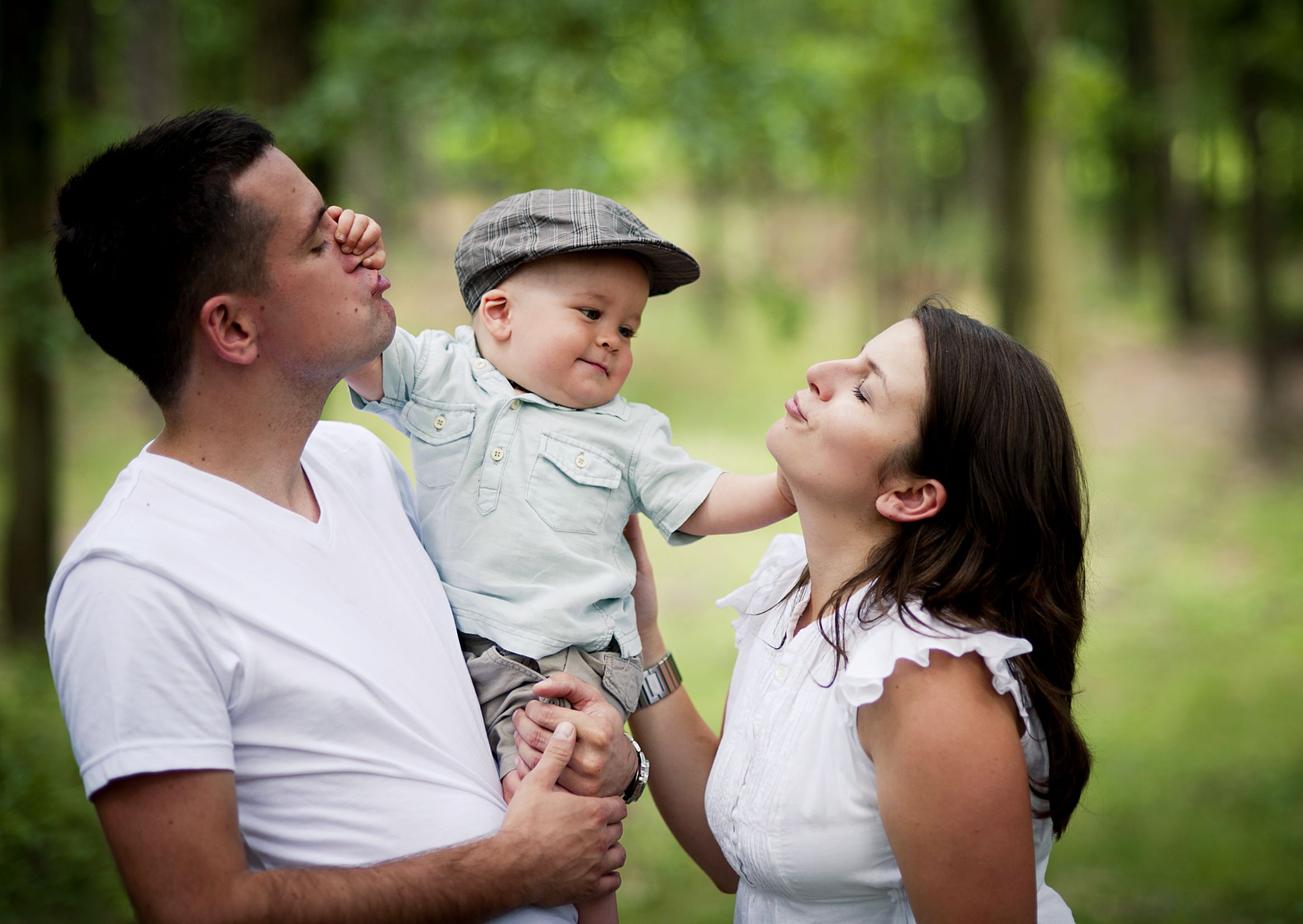
News & Events
New funding supports program to create "happier" parentsNew funding from Channel 7 Telethon Trust is allowing ECU researchers to work with ORIGINS families to investigate how parents and their babies can best be supported in the first year.

News & Events
ORIGINS Ch7 News StoryORIGINS featured on Channel 7 News recently with two family stories of how ORIGINS changed their lives.
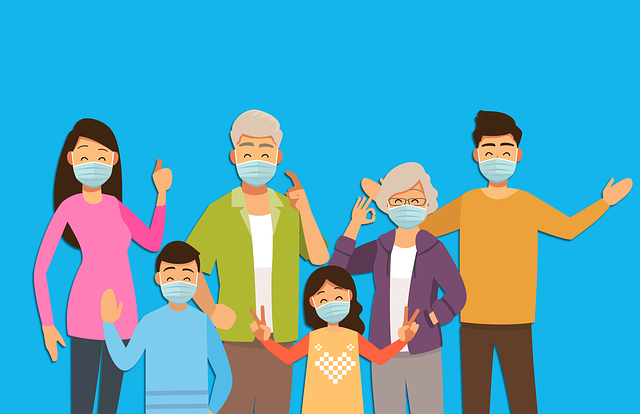
News & Events
Important information about COVID-19 protocol for ORIGINS participantsDue to the evolving COVID-19 situation in Australia and requirements outlined by the WA Government, we need our families to be aware of how this effects ORIGINS and our participants.

News & Events
Tips for protecting your baby in the summer heatPaediatrician Dr Lana Bell shares her top tips for keeping your baby or toddler cool, well-hydrated and protected as the temperature soars.
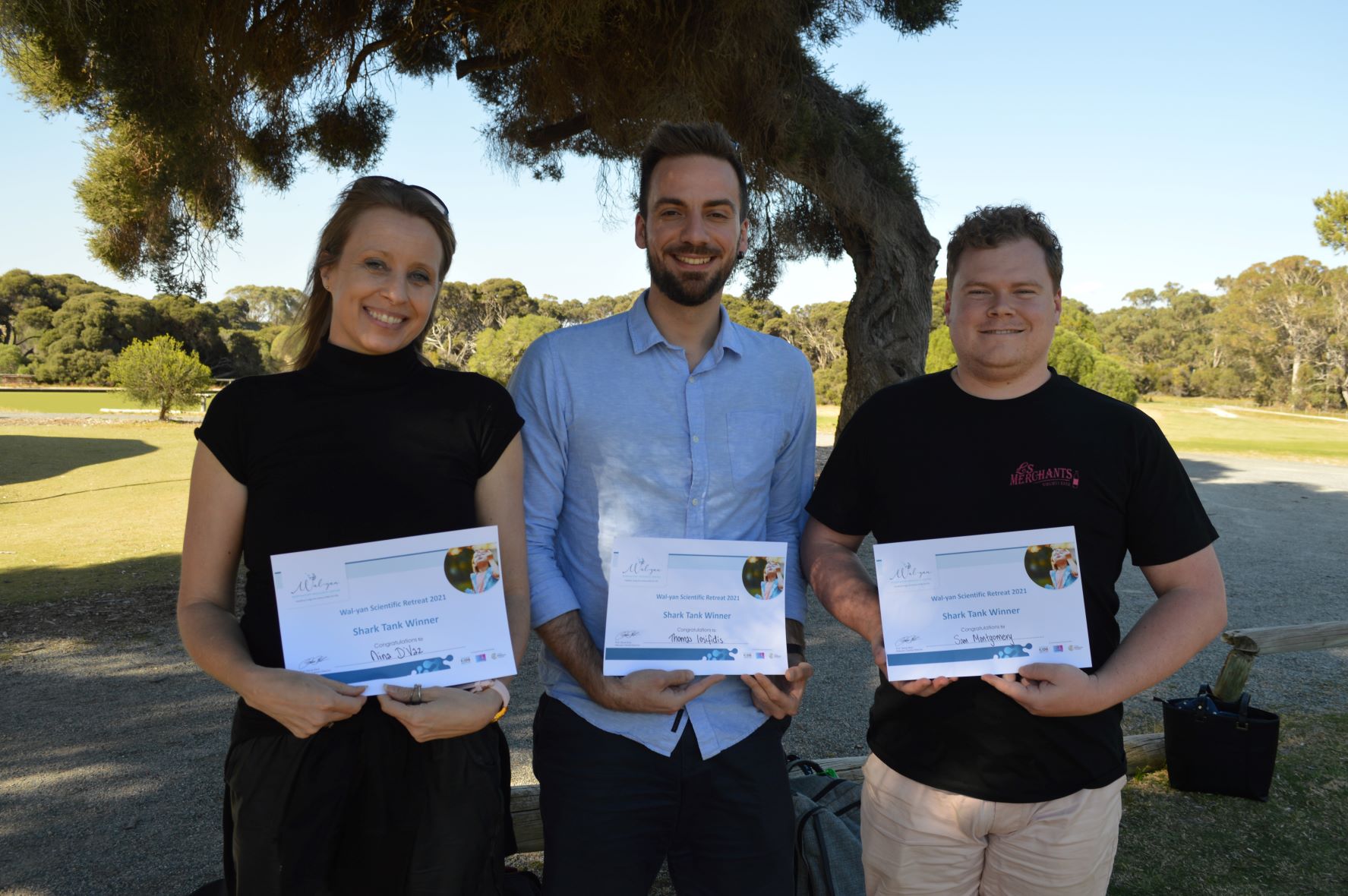
News & Events
ORIGINS Enters the Shark TankORIGINS Biobank Manager wins a Shark Tank pitch at Scientific Retreat
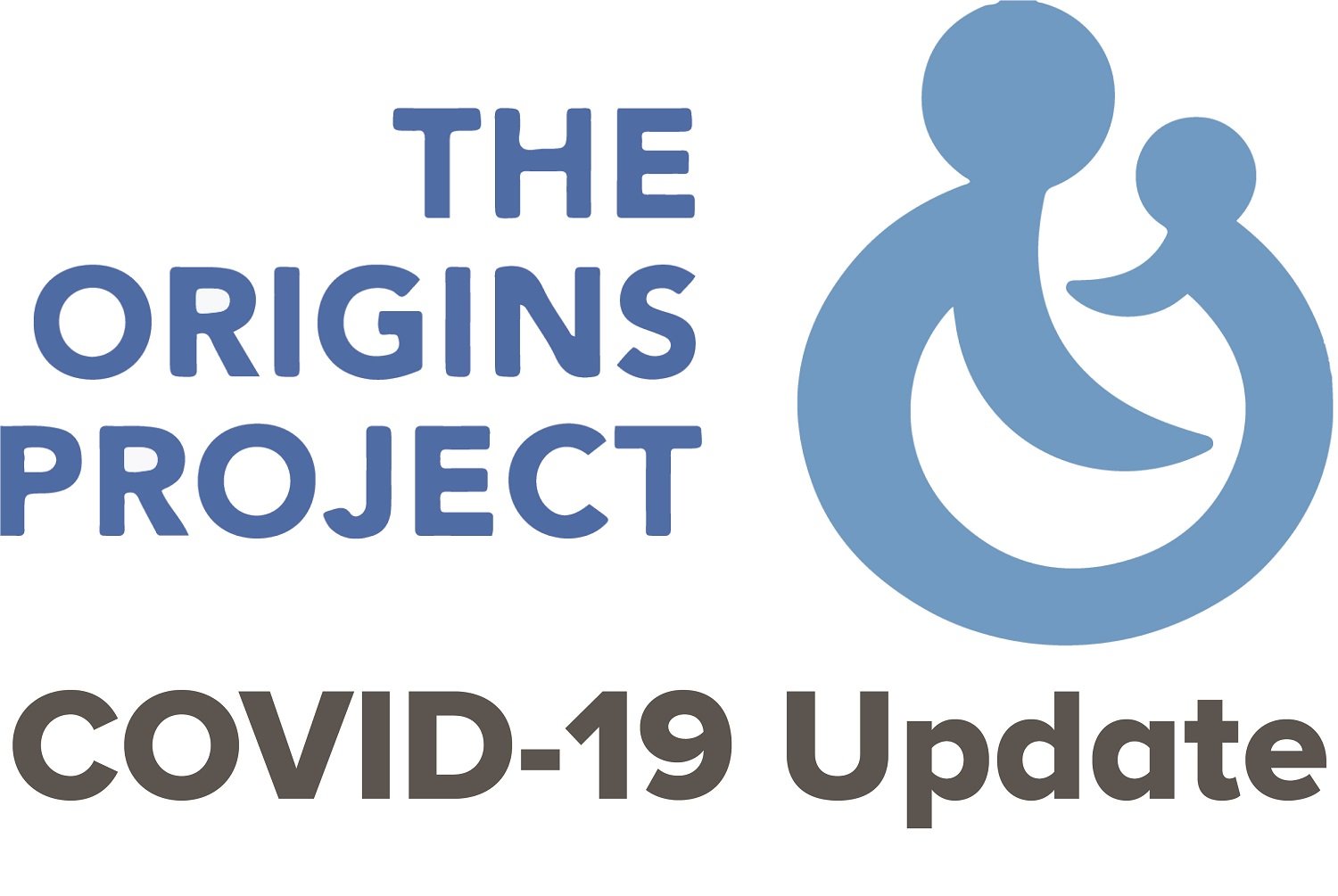
News & Events
COVID-19 Update: Perth Lockdown 3 July 2021ORIGINS is moving to virtual appointments and couriers to collect home samples during the June 2021 Perth lockdown.
